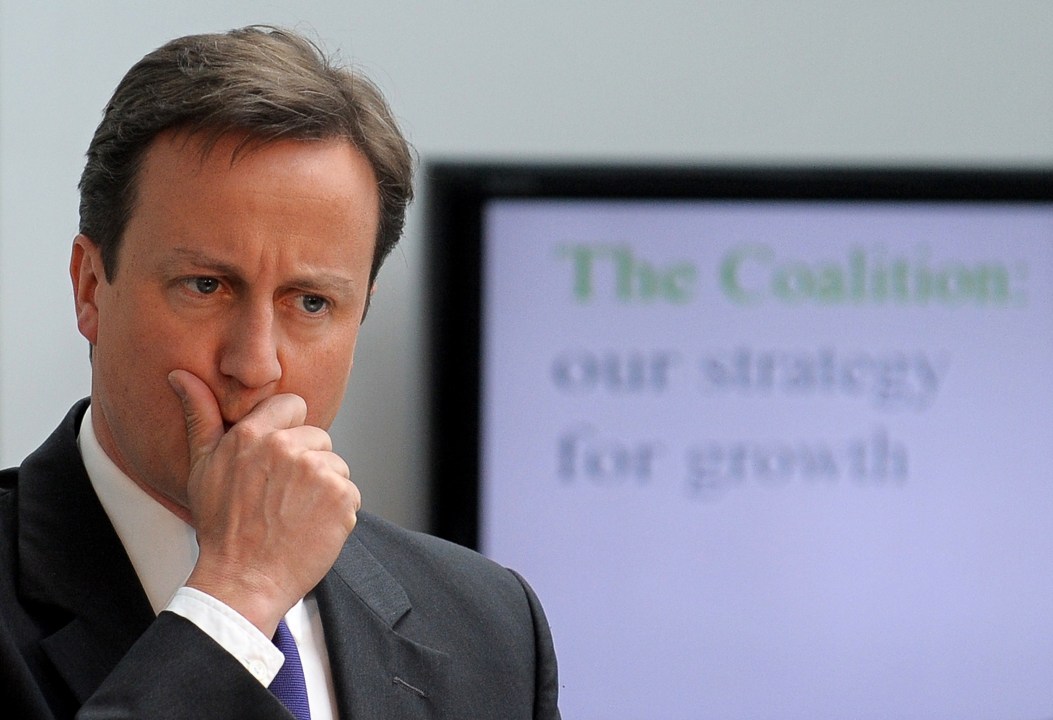Another set of bad notices for Cameron & Co. this morning, chief among them the Public Administration Select Committee’s report into government strategy. It basically says that there is none: short-term fripperies are indulged at the expense of long-term objectives. Or as the report puts it in one of its most trenchant passages, ‘We have little confidence that policies are informed by a clear, coherent strategic approach, informed by an assessment of the public’s aspirations and their perceptions of the national interest.’
This is a diagnosis that many will agree with, partially if not in full. Most governments could do with more long-term thinking, let alone one that is split between two parties. But the main prescription that follows from it is a little harder to swallow (although, it should be said, there are other prescriptions too). The report suggests the publication of an annual ‘Statement of National Strategy’ in Parliament. Again, in its own words: ‘This would be a snapshot of how National Strategy has developed providing an opportunity for reassessment and debate about how tax and spending decisions should support the Government’s national strategic aims.’
It sounds very neat, and normally I’m all for extra ways to hold the government to account, but I do doubt what such a document could achieve. After all, there’s already a surfeit of strategy statements in Westminster: aside from the six broad ‘stategic aims’ that the coalition was founded on, there’s the coalition agreement itself, the Spending Review, two Budgets each year, various sub-reviews, departmental ‘business plans’ and Bills setting out long-term agendas for welfare, health, education and so on. In fact, Nassim Taleb has a point when he says that part of government’s problem is that it pretends it can see too far into the future. Getting good people into flexible arrangments is more important to actually achieving things, whether short-term or long.
Besides, an annual National Strategy document could encourage some of the worst aspects of coalition government. Remember the very public horse-trading that went on before the last Budget? Then imagine if the Tory and Lib Dem leaderships also had to agree on a strategy for the entire year in advance, upon which — as the PASC chair, Bernard Jenkin, sees it — the Budget would rest. It’s yet another situation wired for behind-the-scenes dealing and oak-panelled compromises.
If anything, there’s a case for conflating some of the current strategy documents, and shortening their horizons so that they are actually meaningful. But another ‘Statement of National Strategy’ on top of them? I’m not sure it’s necessary for good strategy, or for holding the government to account — although, as always, I’m keen to hear CoffeeHousers’ thoughts.







Comments